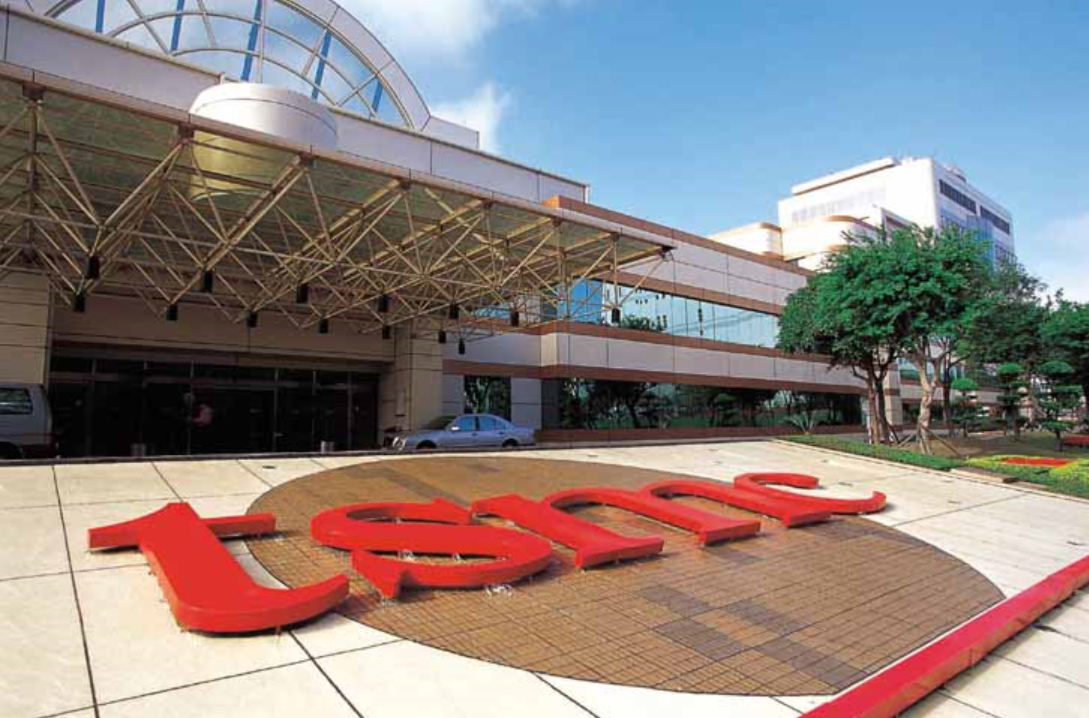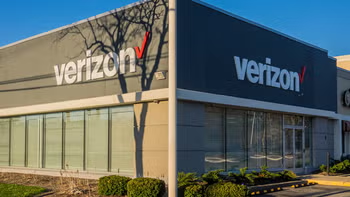Chip manufacturer TSMC throws Huawei under the bus

Last week U.S. President Donald Trump hit Huawei where it hurts. Hard. In a move that made last year's ban from its U.S. supply chain seem like a pat on the back, the U.S. changed an export rule that now requires any global foundry using U.S. technology to obtain a license before shipping chips to Huawei. The latter showed plenty of resiliency last year when it went ahead for more than half the year without its U.S. supply chain and Google Mobile Services and still grew its smartphone shipments by 17%. In fact, Huawei moved up to second place in the global charts last year finishing behind Samsung but ahead of Apple.
As usual, the latest move designed to hurt Huawei will boomerang on U.S. tech firms
But Huawei is particularly vulnerable when it comes to obtaining the cutting-edge chips it needs to produce its high-end phones. That's because Huawei, like Apple and Qualcomm, designs its own chips but doesn't have the capabilities to manufacture them. That is why it turns to Taiwan Semiconductor Manufacturing Company (TSMC) to produce the components it uses to power up its flagship handsets. After Apple, Huawei is TSMC's second-largest customer accounting for $5.2 billion in sales last year. That was an 80% year-over-year increase.

TSMC has thrown Huawei under the bus
TSMC will still be able to ship to Huawei the 5nm Kirin chipsets that will be used in the Huawei Mate 40 series this fall. That's because the U.S. agreed to allow Huawei to take delivery of any chips made from wafers currently in production as long as they are shipped no later than 120 days from last Friday (September 14th). Huawei has been moving the production of some mid-range chips from TSMC to Chinese foundry SMIC. Since the latter makes its chips using intellectual property from China only, it should be safely out of the reach of the U.S. However, SMIC does not have the ability at the moment to manufacturer anything more advanced than 14nm chips.
TSMC, which announced on Friday plans to open a $12 billion factory in Arizona that will churn out 5nm chips by 2023, has reportedly stopped an order valued at $700,000 for 5nm and 7nm chips made by Huawei. It should be noted that Huawei decided not to comment, while TSMC said it does not respond to questions about orders. In addition, it dismissed the report as "purely market rumor."
According to Reuters, the world's largest contract foundry said that it is "following the U.S. export rule change closely." At first, some questioned whether TSMC would still have an interest and the financial capability to build this factory after the U.S. banned its second-largest customer from placing orders. But it would appear that TSMC is following along with the wishes of the Trump administration and has thrown Huawei under the bus. Part of the reason could be that TSMC will be receiving financial support for the construction of the Arizona facility from the state and the federal government.
There are only three foundries worldwide that produce chips using the 10nm process node or lower. That would be TSMC, Samsung, and Intel. The latter does not do contract work and it is likely that the U.S. would also be able to block exports from Samsung to Huawei.
As usual, whenever a rule is put in place by the U.S. government designed to hurt Huawei, it is actually America and Americans that feel the brunt of the impact. Last year's supply chain ban prevented Huawei from spending the $18 billion with U.S. suppliers that it shelled out in 2018. The new rule change could result in foundries around the world replacing the technology they purchased from American firms to make chips with equipment sourced from other countries. This would allow these foundries to skirt around the new rules and ship chips to Huawei. And while not aimed directly at Huawei, the tariffs imposed on Chinese exports by the U.S. government actually affect U.S. companies and consumers rather than Chinese companies. That's because it is an import tax that gives U.S. firms like Apple the opportunity to pay the tax themselves or pass it on to Americans in the form of higher prices.
Follow us on Google News














Things that are NOT allowed:
To help keep our community safe and free from spam, we apply temporary limits to newly created accounts: